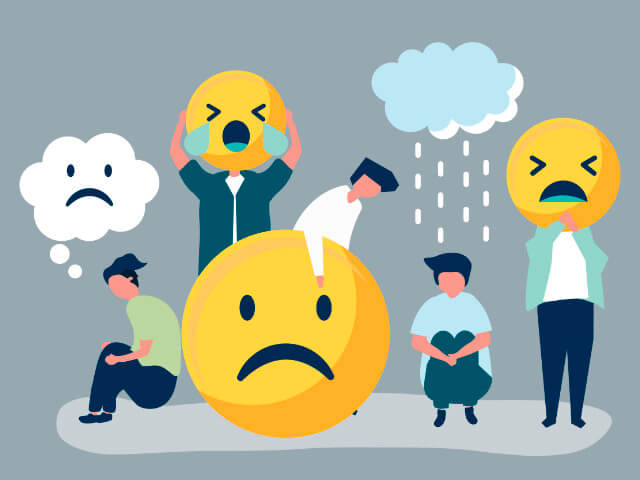What can people in Tasmania actually do to help prevent climate change?
This is a complex but important question! First of all, we alone cannot prevent climate change, but we can slow it down (this is called mitigation). There are lots of things you can do at individual level, in your school and in your community. The most effective way is to make changes across all these areas.
You can start by understanding the key contributors of climate change in Tasmania and then start making changes in your own life. We know climate change has been accelerated by the increased CO2 emissions generated by our ways of living. One way to approach this question is by looking at which activities generate the most emissions, then focus on those.
According to the 2022 Tasmania Greenhouse Gas Emissions Report, these are the biggest four CO2 emitters in Tasmania by sector: Energy (42%), Agriculture (35%), Industrial processes and product use (19%), and Waste (5%)
1. Tasmania has high levels of renewable energy generation compared to other states and territories. Therefore, most of Tasmania’s energy emissions comes from three main sources:
- Combustion (e.g., burning coal, gas, agricultural waste; burning wood or gas for household heating and cooking);
- Transport (e.g., combustion of fuels such as petrol, diesel, and LPG, in passenger and commercial motor vehicles, railways, aviation & shipping); and
- Emissions from electricity generation (e.g., the combustion of fuels to generate electricity for home and commercial use).
What does this mean for you?
Some of these things may not be in your direct control, but you can start by having a think about:
- How can I use less energy in the house? (e.g., wear warmer clothing inside instead of just turning up the heat when it gets cold; heat only the rooms you use the most; take shorter showers to reduce hot water use);
- Can I find another way to get around? (e.g., walk, carpool, suggest fun family activities and vacations that don’t always involve air travel); and
- Can I buy/use/get things that are more local – instead of buying things are shipped large distances

2. The emissions from the agricultural sector include that gasses emitted through the digestive systems of livestock (this includes cow farts!), the release of nitrous oxide (a greenhouse gas) from cropping and pastureland, and manure management.
What does this mean for you?
Though some may wish to make big personal changes like following a vegetarian or vegan diet, you may consider just reducing the amount of livestock-related food you eat each week and taking the time to really savour your meals. No matter what your dietary choices are, choose a healthy diets with mostly unprocessed foods and minimise food waste. Related to #1, consider growing your own veggies or raising your own chickens

3. The emissions from industrial processes and products use are generated from the production of cement, iron, steel or aluminium. Emissions are also created through of synthetic gases such as hydrofluorocarbons (HFCs) (e.g., used in refrigeration and air conditioning equipment and as solvents) and sulphur hexafluoride (electrical equipment).
What does this mean for you?
Though you might not be buying big ticket items, you can still take care in choosing what you buy/use/get. Ask yourself: do I really need this? Does it need to be new or can I get it second hand? Can I borrow or rent this? Is it something I can share with others? Also, think about how you can take care of what you have so it will last for a long time (e.g., computers, toys, bicycles, scooters, smartphones

4. Finally, the emissions from waste are generated from the solid waste in landfills (e.g., decomposition of organic matter), and during the treatment of wastewater.
What does this mean for you?
This is related to #2 in that it is much better to separate compostable and recycling waste, from that which can only go to landfill. The compostable stuff is mixed into general waste, it doesn’t decompose as well, nor is it useful (for garden fertliser, etc.). This is also related to #3 in that if you have stuff you don’t need or use, it may well end up in the landfill.
As a Tasmanian, all these activities have an impact and everyone has an important role to reduce the impact of climate change.

Sources:
2022 Tasmania Greenhouse Gas Emissions Report











